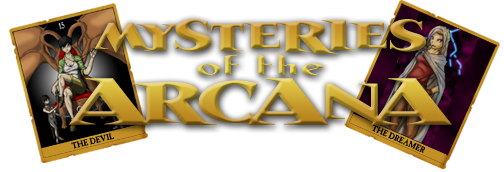As much as I love me some Fallout, war does change, quite a bit. If it didn't, we'd still be lining up our soldiers and overlapping shields with our spears pointed out, wouldn't we? Mass produced firearms changed things and then trench warfare changed things yet again. As did the invention of mobile armored devices, nuclear weapons, and tactical insurgencies. What's going on in the Middle East today looks nothing like WW2 and WW2 is worlds away from the American Revolution.
We're back on schedule this week. Monday and Thursday.
Anyone out there a Sentinels of the Multiverse player? I picked up the iOS version on my iPad for my birthday and am loving it. Strife keeps kicking my butt, though. I have no idea how that guy is only challenge rating 2!
See you Thursday!

I understand why Theresa wears a glove that leaves her trigger finger free - but why does Chrys?